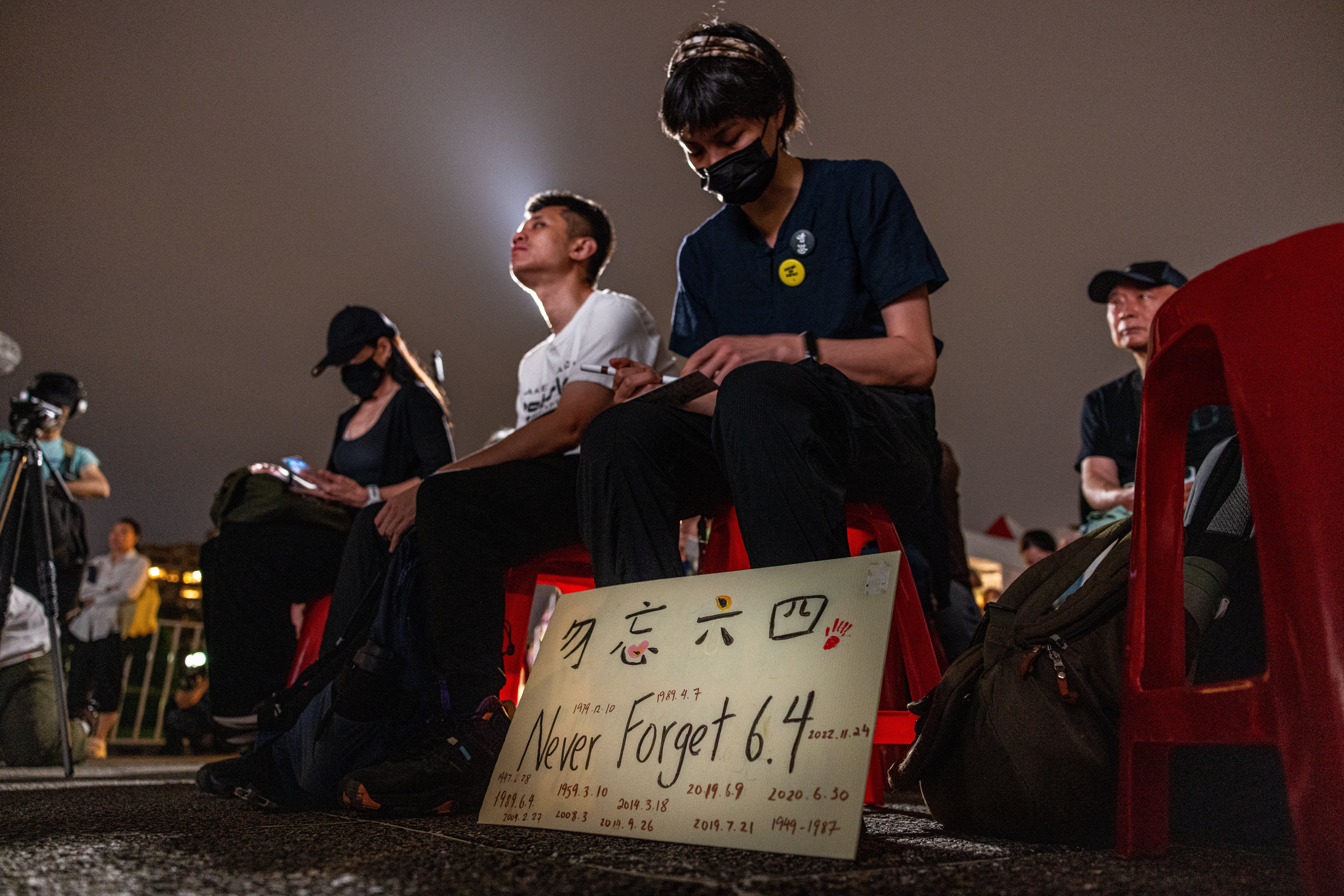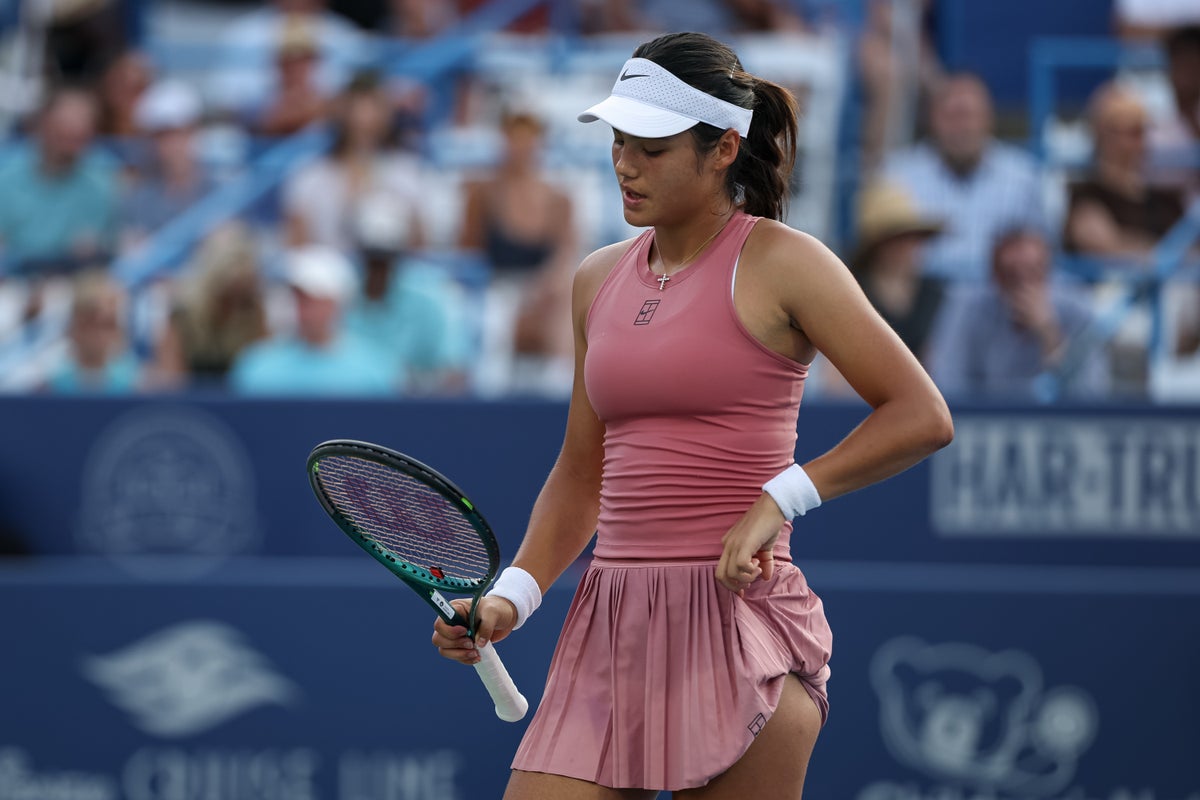Unprecedented polls are underway in Taiwan as the island votes to decide whether to oust 24 of its parliament lawmakers, who were only elected into office eighteen months ago.
Voters are queuing up in schools, temples, and community centres to cast their ballots on whether to oust about one-fifth of their lawmakers, all from the opposition Nationalist Party, in what is being called the “Great Recall Movement” that could reshape the power balance in the island.
If more than six lawmakers are recalled, it could shift the balance of power in the parliament in favour of Taiwanese president Lai Ching-te, who wants Taiwan to forge a future separate from China, against an opposition largely seen as favouring close ties with Beijing.
-is-brought-to-a-booth-after-arriving-at-a-polling-station-by-ambulan.jpeg)
The poll sees close competition between Taiwan’s major political parties, the DPP, the KMT, and their allies.
Democratic Progressive Party (DPP)
Taiwan’s independence-leaning ruling Democratic Progressive Party (DPP) won last year’s presidential election for an unprecedented third term over a platform that strongly rejected China’s territorial claims over Taiwan. The party came to power by winning 40 per cent of the votes, even though its share of the vote had decreased compared to the previous election.
-attends-the-Sea-Safety-No-12-exercise.jpeg)
Soon after coming to power, Mr Lai, 64, a former doctor who had served as vice-president to Tsai Ing-wen since 2020, said Taiwan would “continue to walk side by side with democracies around the world”.
The DPP-led government has tried to highlight the “Taiwan identity” as something unique and different from that of China. However, many Taiwanese citizens have expressed concern that this approach could continue to put the island under threat from Beijing, which has upped its military exercises around Taiwan in recent years.
Kuomintang (KMT)
Although the DPP won the presidential elections, it was a coalition led by the China-friendly Nationalists, or Kuomintang (KMT), that got enough seats to form a majority bloc in the island’s parliament.
The KMT has been accused by the ruling party of blocking key legislation, especially the defence budget, and of passing legislative changes favouring China, which considers Taiwan a part of its own territory.
-legislators-gesture-during-the-central-government-budget-for-2025-at-Par.jpeg)
It has succeeded in passing three controversial bills and budget cuts to the 2025 national budget, which together were seen as strengthening the powers of parliament at the cost of the executive.
All the lawmakers currently facing recall belong to the KMT, the largest party in the legislature with 52 seats.
With the election commission scheduling recall polls for seven more KMT legislators on 23 August, nearly one-third of all legislative constituencies face the vote, mostly concentrated in the north and urban regions.
Taiwan People’s Party (TPP)
The TPP is a smaller party and a relative newcomer in the race, gathering strong support among young people disillusioned by the ruling and main opposition parties.
It controls eight of the Taiwanese parliament’s 113 seats and works in a coalition with the KMT to wield control over the legislature.
Beijing
The relations between Taiwan and mainland China have been central to the recall mandate.
Many supporters of the recall movement point to close ties between some KMT officials and leaders in mainland China.

In April, some KMT legislators travelled to the mainland and met with Beijing’s chief theoretician Wang Huning, a member of the Politburo Standing Committee, raising concerns that KMT leaders could be taking orders from Beijing.






